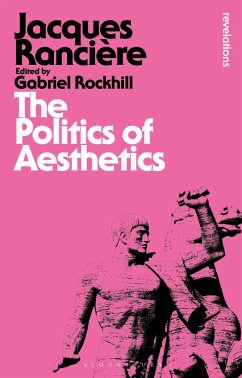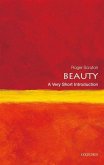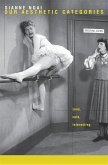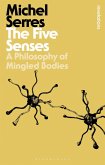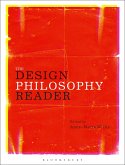The Politics of Aesthetics rethinks the relationship between art and politics, reclaiming "aesthetics" from the narrow confines it is often reduced to. Jacques Rancière reveals its intrinsic link to politics by analysing what they both have in common: the delimitation of the visible and the invisible, the audible and the inaudible, the thinkable and the unthinkable, the possible and the impossible. Presented as a set of inter-linked interviews, The Politics of Aesthetics provides the most comprehensive introduction to Rancière's work to date, ranging across the history of art and politics from the Greek polis to the aesthetic revolution of the modern age. Available now in the Bloomsbury Revelations series 10 years after its original publication, The Politics of Aesthetics includes an afterword by Slavoj Zizek, an interview for the English edition, a glossary of technical terms and an extensive bibliography.
"Jacques Rancière is one of the most important and original contemporary French philosophers. This book provides perhaps the best available introduction to his thought in English. Its main contents are two interviews with Rancière...they provide an extraordinarily concise and systematic summary by Rancière of the main themes of his recent work across its whole range. Rancière's project is promising. It is illuminating to see aesthetics as political and politics in aesthetic terms, as a form of the 'distribution of the sensible.'" -Culture Machine Culture Machine

